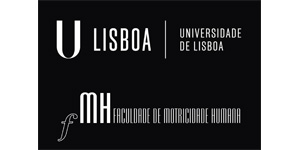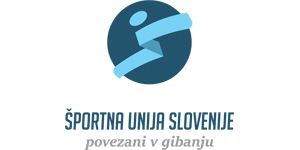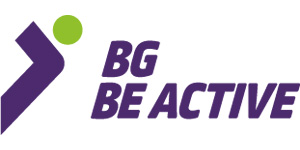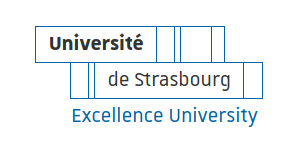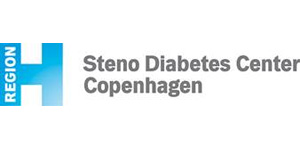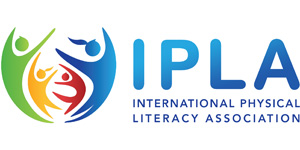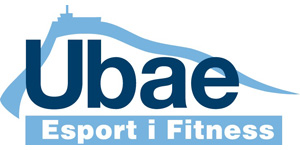Seminar: Spotlight on the emotional domain of physical literacy
18/11/2021PLnet, Denmark

On 16 November, 2021, PLnet in Denmark hosted an international seminar called ‘Spotlight on the emotional domain of physical literacy'. The seminar was a Multiplier Sports Event of the Erasmus+ project, Physical Literacy for Life, where PLnet is a partner.
The seminar featured keynote speeches in English from Nikos Ntoumanis, Professor of Motivation Science at SDU (Promoting self-determined motivation for physical activity: Successes, Challenges, and Future Directions?), and Glen Nielsen, Associate Professor at the Department of Sport and Nutrition at the University of Copenhagen (How do we create environments that stimulate the emotional domain? What role does the coach or teacher’s behaviour play?).
Physical literacy (PL) is a multi-dimensional concept that provides a holistic understanding of movement and physical activity. PL consists of an emotional, a physical and a cognitive domain, which together lay the foundation for the individual's capacity and propensity to participate in movement and physical activities today and throughout life.
To support an individual's development in physical literacy, it is important that an activity is perceived as meaningful. In a physical literacy approach to physical activity and movement, the individual's feelings and attitudes are thus as central as, for example, the physical competencies in relation to experiencing meaningful participation in an activity. Physical literacy is promoted through its core areas: the emotional, the physical and the cognitive domain while being true to the multidimensionality of PL, ensuring that the effects are synergetic. It is therefore important to know the importance of each of the domains to support a positive development in physical literacy.
This seminar explored the emotional domain – including intrinsic motivation and self-confidence – to spread knowledge about and create a better understanding of children's feelings and attitudes related to physical activity. This is particularly relevant to areas of prevention and public health and designing effective physical literacy interventions, so that staff in schools and sports clubs can create learning environments that stimulate the emotional domain in all children.
A viable and commonly applied theoretical framework for understanding children's feelings and attitudes related to physical activity is the self-determination theory. At this seminar, the self-determination theory was illustrated to demonstrate the psychological mechanisms that affect an individual's motivation. We looked at what research says about motivation for physical activity and sports participation, as well as how motivation interacts with elements such as motor skills, fitness and knowledge and understanding. Finally, we discussed the importance of learning environments, including the role of the coach or teacher, in relation to an individual's motivation for participation in activities.
Read more about the seminar here





